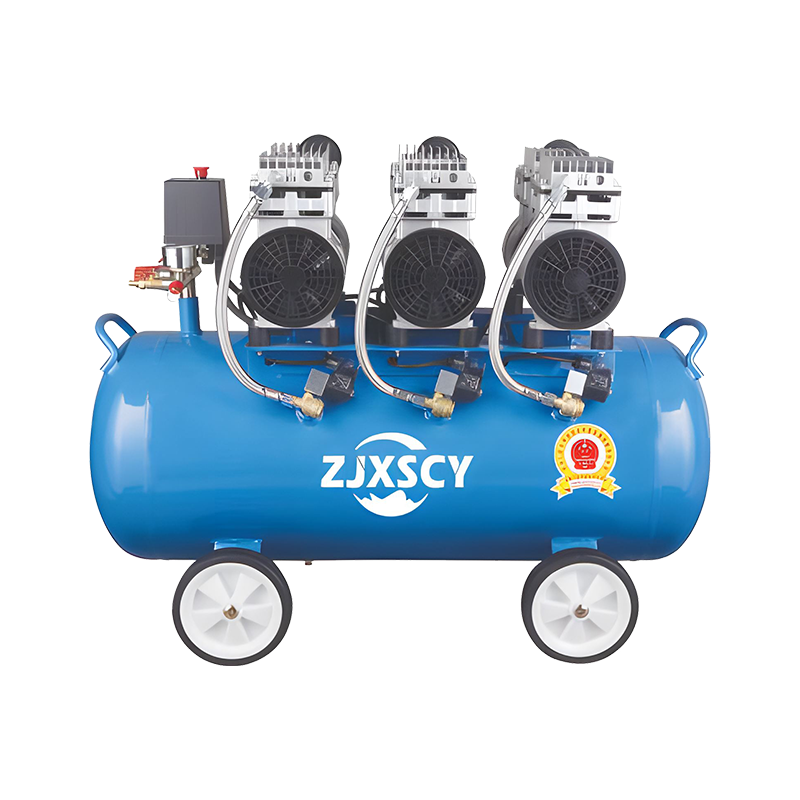Jul 25, 2025
Air compressors factory are vital pieces of equipment in a wide range of industries, from manufacturing and construction to automotive and healthcare. They are designed to increase the pressure of air, converting it into a useful source of energy for various tools and machinery. However, air compressors, like any other mechanical system, are exposed to the elements, making them susceptible to corrosion. This can system failures, increased maintenance costs, and reduced lifespan of the equipment. As a result, manufacturers and engineers must focus on selecting materials that can withstand the corrosive effects of moisture, dust, oils, and other environmental factors.

Corrosion occurs when a material, typically metal, reacts with its environment, resulting in the gradual deterioration of the material. In the case of air compressors, the internal components like the motor, tank, and piping are often exposed to moisture, oils, and contaminants in the air. These elements can accelerate the corrosion process, causing rust, pitting, and weakening of the metal parts. If not adequately protected, corrosion can the failure of key components, reduced efficiency, and the need for costly repairs or replacements.
To mitigate these risks, manufacturers use a combination of materials, coatings, and treatments to protect air compressor parts from corrosion. These materials are selected based on factors like their ability to resist moisture, their strength, and their compatibility with the operating environment of the compressor.
Stainless steel is one of the commonly used materials in air compressors due to its resistance to corrosion. Stainless steel is an alloy made primarily of iron, carbon, and chromium, with the chromium content (usually between 10-30%) forming a protective oxide layer that prevents rusting and degradation. The corrosion resistance of stainless steel makes it ideal for use in air compressor components that come into contact with moisture, oils, or harsh chemicals.
Advantages of Stainless Steel:
Highly resistant to rust and corrosion, even in humid or harsh environments.
Durable and long-lasting, offering strong mechanical properties.
Able to withstand high temperatures and pressures, making it suitable for heavy-duty compressors.
Disadvantages of Stainless Steel:
More expensive than other metals, which can increase the overall cost of the compressor.
Can be heavier than other materials, affecting the weight and portability of the compressor.
Applications in Air Compressors:
Stainless steel is often used in the construction of air compressor tanks, valves, piping, and other high-stress components that require both strength and corrosion resistance.
Aluminum is another popular material used in air compressors, particularly for components that require a lighter weight. While aluminum is not as resistant to corrosion as stainless steel, it still offers decent protection against rust, especially when properly treated or coated. Aluminum forms a protective oxide layer when exposed to air, which helps prevent corrosion from moisture and other environmental factors.
Advantages of Aluminum:
Lightweight and easy to handle, making it ideal for portable compressors.
Good resistance to corrosion, particularly in environments with minimal exposure to corrosive chemicals.
Cost-effective compared to stainless steel.
Disadvantages of Aluminum:
Not as durable as stainless steel and may be more prone to damage under high stress or pressure.
Can corrode more easily in environments exposed to saltwater or harsh chemicals without proper coating.
Applications in Air Compressors:
Aluminum is commonly used for compressor components like the housing, cylinders, and heads, where weight reduction is a priority without compromising on basic corrosion protection.